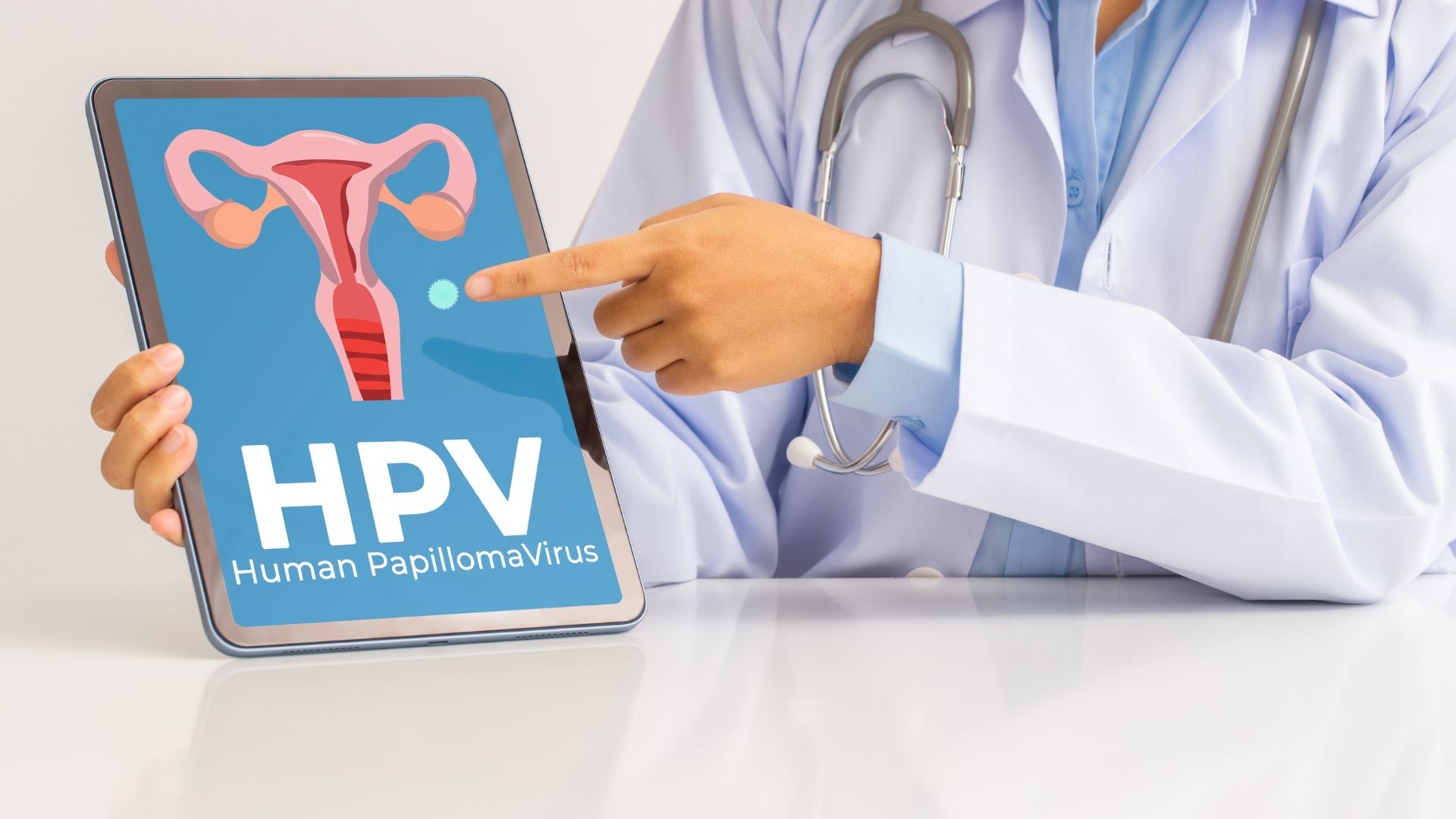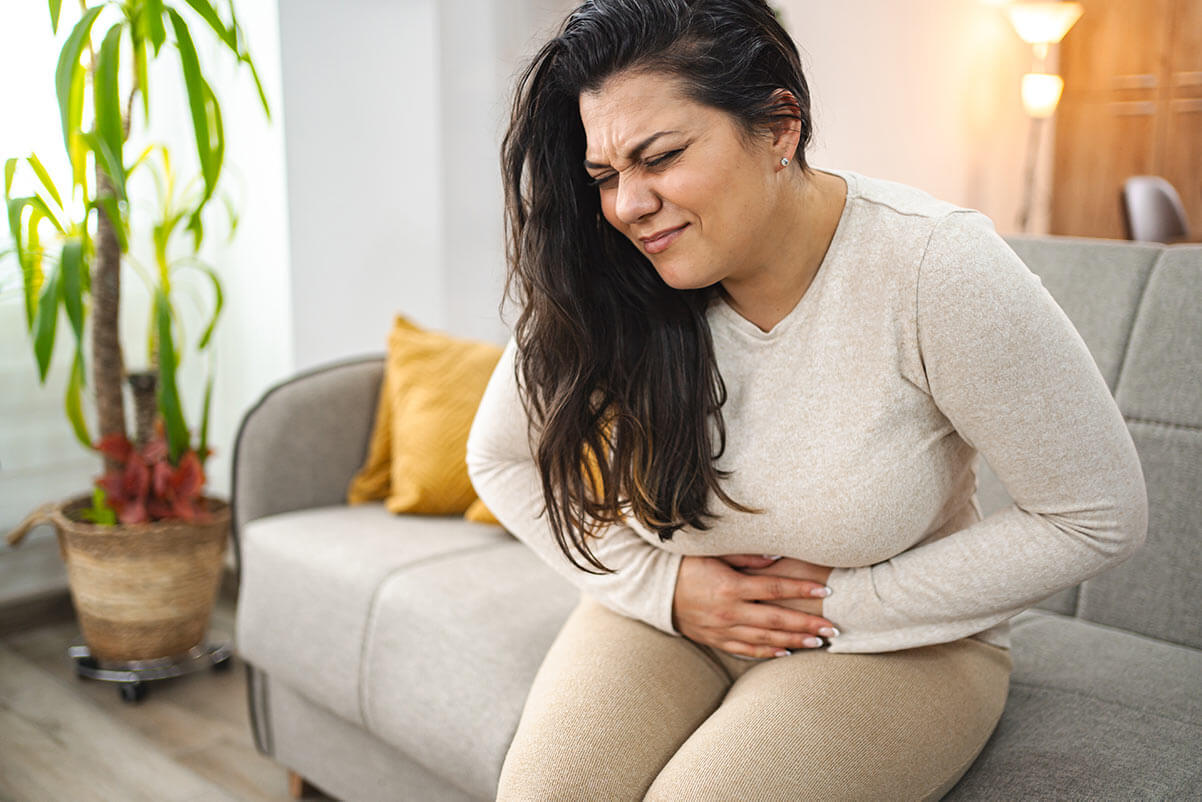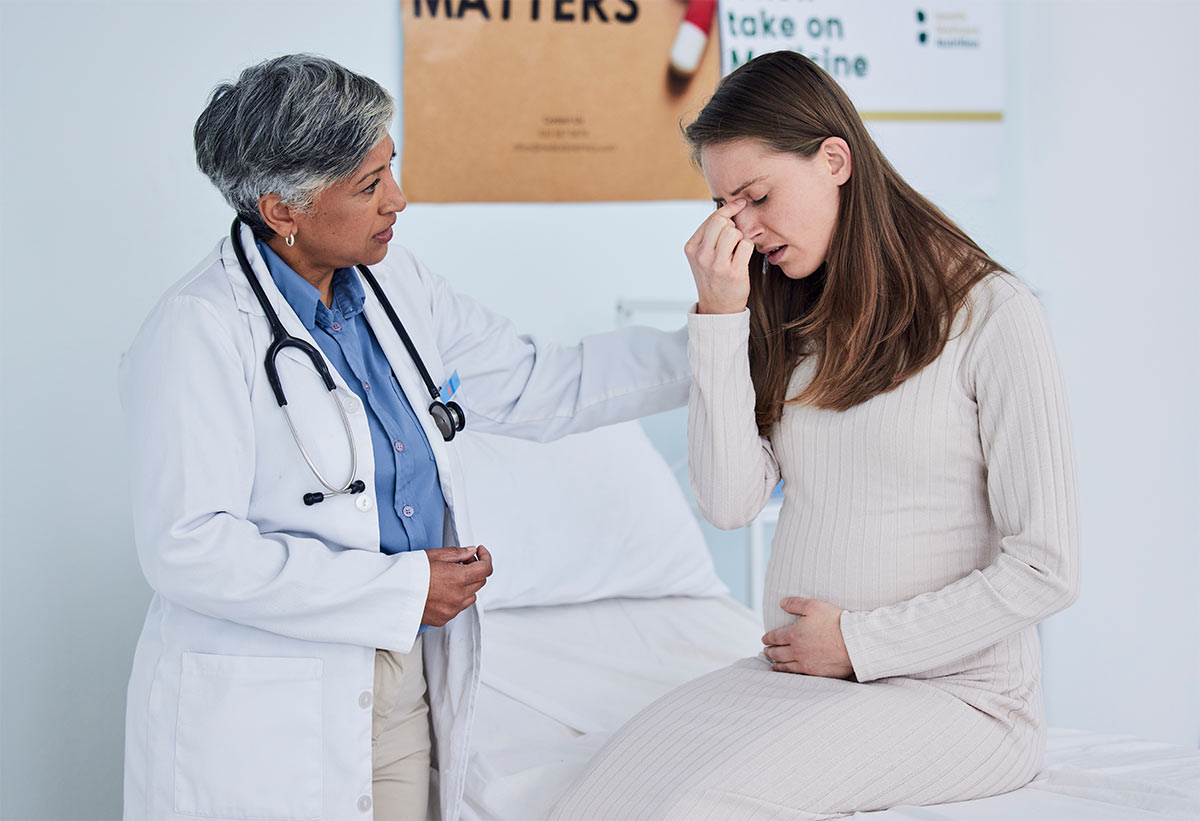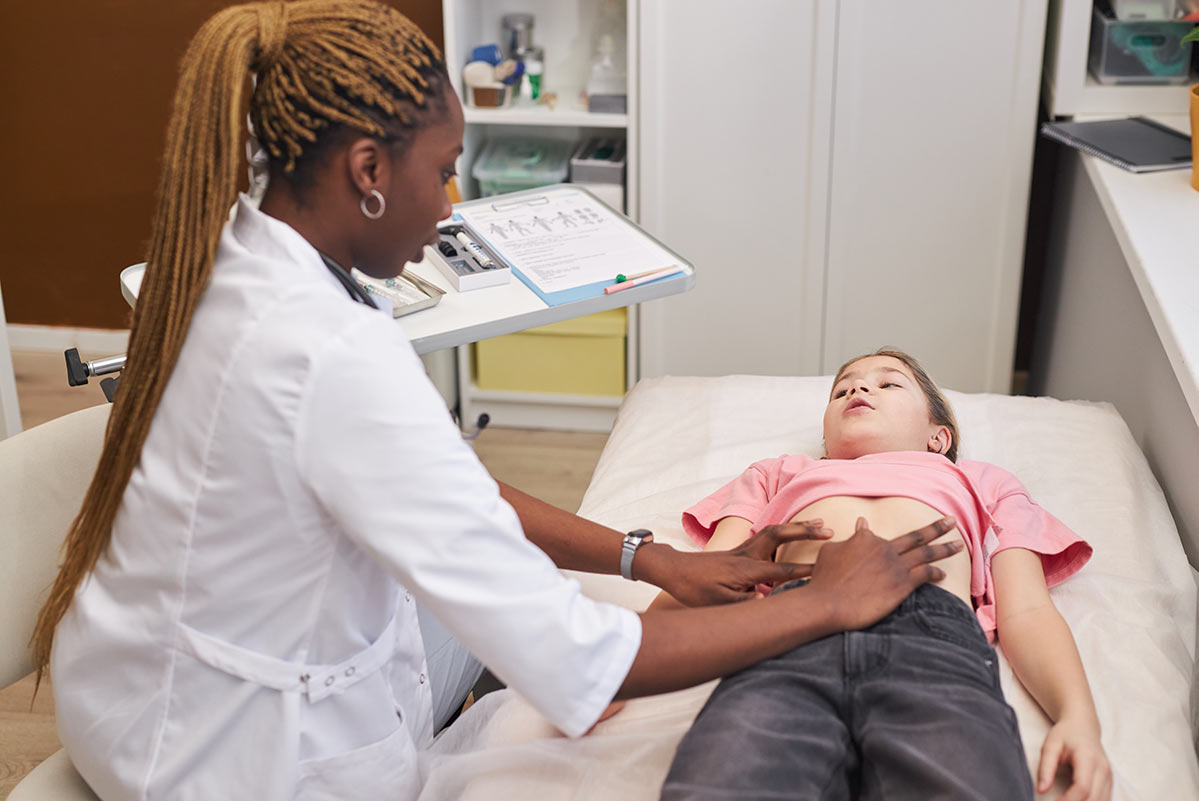
HPV – Human papillomavirus (HPV) is a sexually transmitted infection that can lead to serious health problems, including cancer. According to the Centers for Disease Control and Prevention (CDC), HPV is the most common sexually transmitted infection in the United States, and in 2018, there were approximately 43 million HPV infections, with the majority occurring in people in their late teens and early twenties. HPV is most commonly transmitted through sex with someone infected. Understanding the risks associated with HPV and the available preventive measures can help individuals protect themselves and their partners.
Symptoms of Human Papillomavirus (HPV)
HPV infections are typically symptomless, and many individuals may be unaware of the infection. However, in some cases, HPV infection can result in clinical disease, including anogenital warts, recurrent respiratory papillomatosis, cancer precursors, or various types of cancers, such as cervical, anal, vaginal, vulvar, penile, or oropharyngeal cancers.
It is crucial to note that some of these conditions, such as cancer precursors and cancers, can be severe and potentially life-threatening, highlighting the importance of preventative measures, such as vaccination and regular screening. (Centers for Disease Control and Prevention)
Is HPV Cancerous?
HPV infections can cause various types of cancers in the body where the virus infects cells, such as the cervix, oropharynx, anus, penis, vagina, and vulva. High-risk HPVs cause about 3% of all cancers in women and 2% of all cancers in men in the United States.
Squamous cell carcinoma is the most common type of cancer caused by long-lasting infections with high-risk HPVs. However, some cervical cancers may develop from HPV infection of gland cells in the cervix. Nearly all cervical cancers are caused by HPV, and routine screening can prevent most cervical cancers by detecting and removing precancerous cells before they become cancerous.
Additionally, the majority of oropharyngeal cancers, anal cancers, vaginal cancers, and vulvar cancers are caused by HPV. Although these cancers are relatively rare, the number of new cases and deaths from them is increasing each year. It is estimated that each year, approximately 47,199 new cancer cases in parts of the body where HPV is often found occur, according to the Centers for Disease Control (CDC). (National Cancer Institute)
Prevention of HPV: Vaccination
Fortunately, a vaccine is available to protect against the most common types of HPV. The CDC recommends that children receive the HPV vaccine at age 11 or 12. The vaccine is most effective when given before the individual becomes sexually active. However, the vaccine can still be effective for individuals who have already become sexually active, as they may not have been exposed to all of the HPV types covered by the vaccine.
The HPV vaccine is given in a series of two or three shots, depending on the age of the individual receiving the vaccine. The vaccine is safe and effective, and studies have shown that it can significantly reduce the risk of HPV-related health problems, including cancer. It is important to note that the HPV vaccine does not protect against all types of HPV. However, it does protect against the types of HPV that are most commonly associated with cancer.
While the HPV vaccine is an important preventive measure, it is also essential to practice safe sex and undergo regular cancer screenings. Condoms reduce the risk of HPV transmission, although they are not 100% effective. Standard Pap tests and other cancer screenings can also help detect HPV-related health problems early when they are most treatable. (Centers for Disease Control and Prevention)
Know What HPV is and Educate Yourself and Your Teen
In conclusion, HPV is a common sexually transmitted infection that can lead to serious health problems, including cancer. The HPV vaccine is an effective preventive measure that reduces the risk of HPV-related health problems. Parents are encouraged to have their children vaccinated at age 11 or 12, and individuals should talk to their healthcare provider about receiving it. Additionally, practicing safe sex and undergoing regular cancer screenings can help reduce the risk of HPV-related health problems. By taking these steps, individuals can protect themselves and their partners and maintain good sexual health.
Works Cited
Centers for Disease Control and Prevention. “Std Facts – Human Papillomavirus (HPV).” Centers for Disease Control and Prevention, Centers for Disease Control and Prevention, 12 Apr. 2022, www.cdc.gov/std/hpv/stdfact-hpv.htm#:~:text=What%20is%20HPV%3F,including%20genital%20warts%20and%20cancers.
Centers for Disease Control and Prevention. “Pinkbook.” Centers for Disease Control and Prevention, Centers for Disease Control and Prevention, 18 Aug. 2021, www.cdc.gov/vaccines/pubs/pinkbook/hpv.html.
National Cancer Institute. “HPV and Cancer.” National Cancer Institute, www.cancer.gov/about-cancer/causes-prevention/risk/infectious-agents/hpv-and-cancer.





